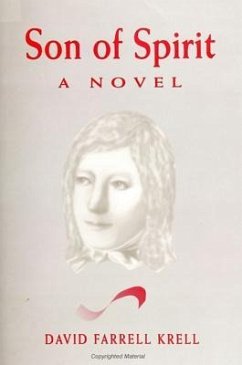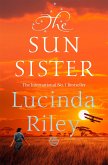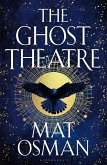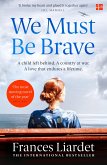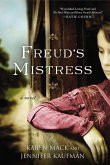Son of Spirit is the story of a natural child of philosophy--the story of one of philosophy's bastards. Hegel's first son, Louis, known to posterity as Ludwig Fischer, was an illegitimate child born to Hegel's landlady in 1807. At the time, Hegel was completing his first major philosophical work, The Phenomenology of Spirit. In that work, the philosopher spoke out in the name of spirit and reason; in his life, he worried about the unreasonable accident of an unwanted son. For Louis represented the kind of contingency that can befall a spokesperson of spirit. Hegel tried to take Louis into his home, to acknowledge him, even to love him. Yet Ludwig Fischer was destined for an early, tragic death--destined precisely by spirit. Son of Spirit is also the story of a second adopted child--Minna Herzlieb, one of Goethe's enduring loves--who had a more protracted but similarly tragic end. Louis Hegel and Minna Herzlieb lived for a time under the same roof, for as young children both were adopted by Friedrich Frommann, Hegel's bookseller in Jena. The stories of Minna and Ludwig therefore intertwine, allowing the novel to develop the conflict between Hegel and Goethe--the struggle between Hegel's "absolute spirit" and Goethe's "spirit of the Earth." Son of Spirit shows how devastating illegitimacy is for human beings who are born to the righteous and the just. It shows how murderous the theories of the righteous and the just may prove to be for their children. Finally, the experimental yet meditative style of the novel demonstrates how powerfully Hegel's thought still dominates our own time. Hegel produced more than one bastard.
Hinweis: Dieser Artikel kann nur an eine deutsche Lieferadresse ausgeliefert werden.
Hinweis: Dieser Artikel kann nur an eine deutsche Lieferadresse ausgeliefert werden.

